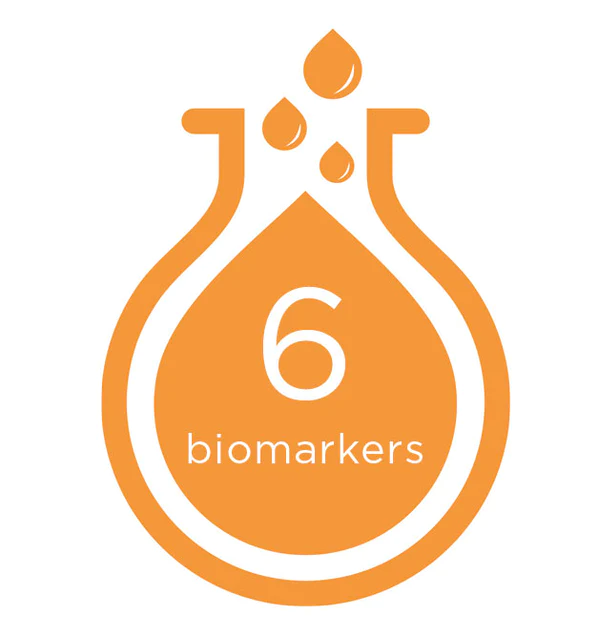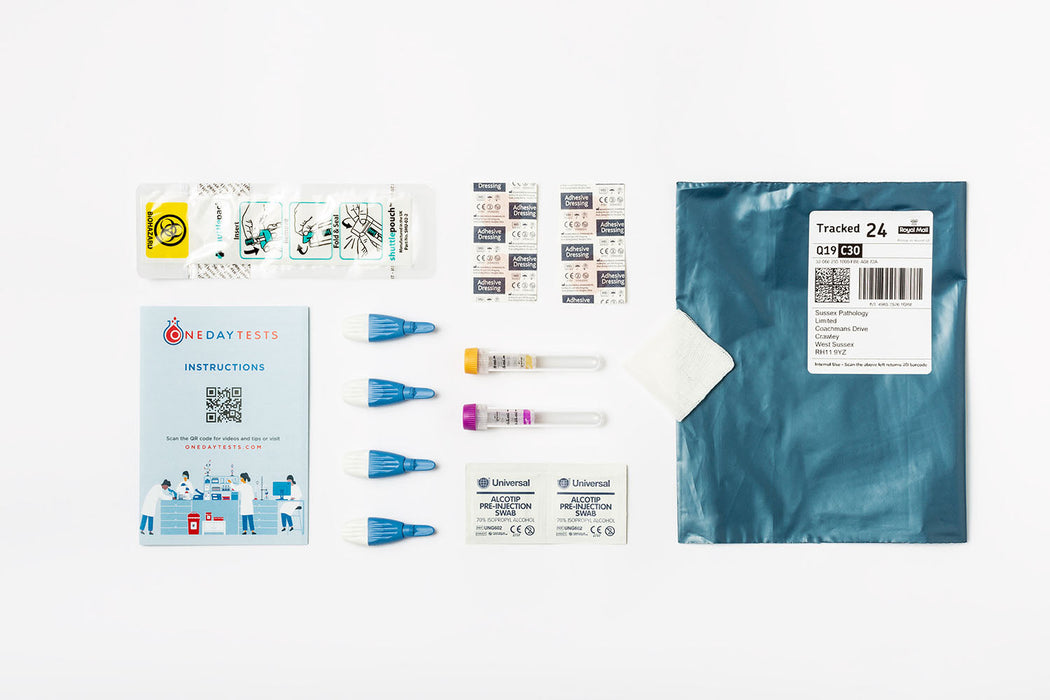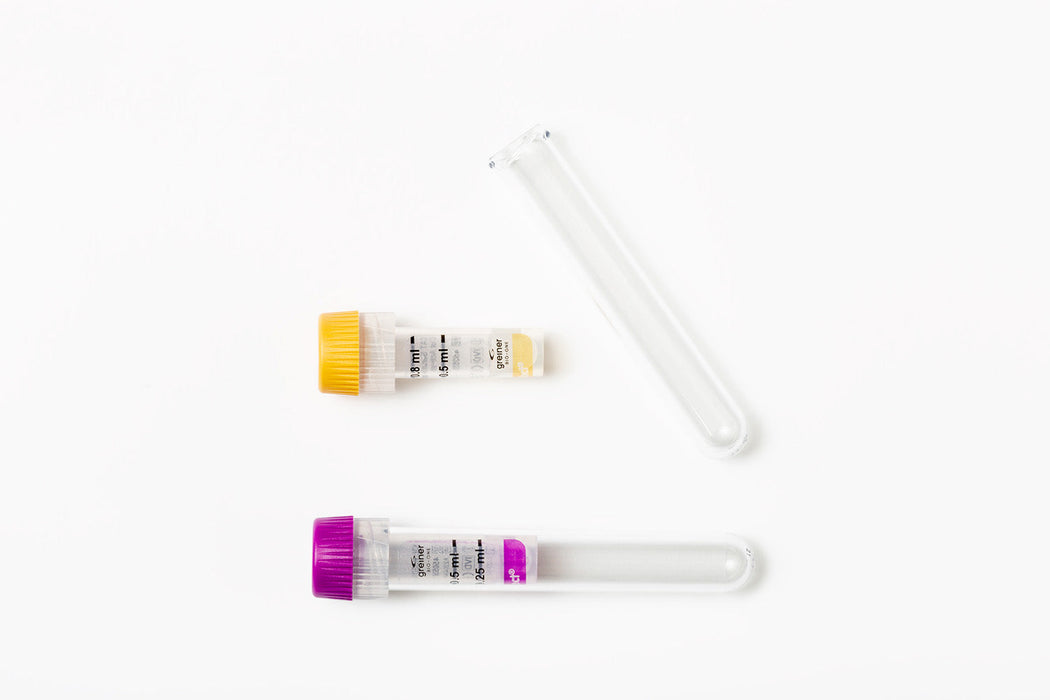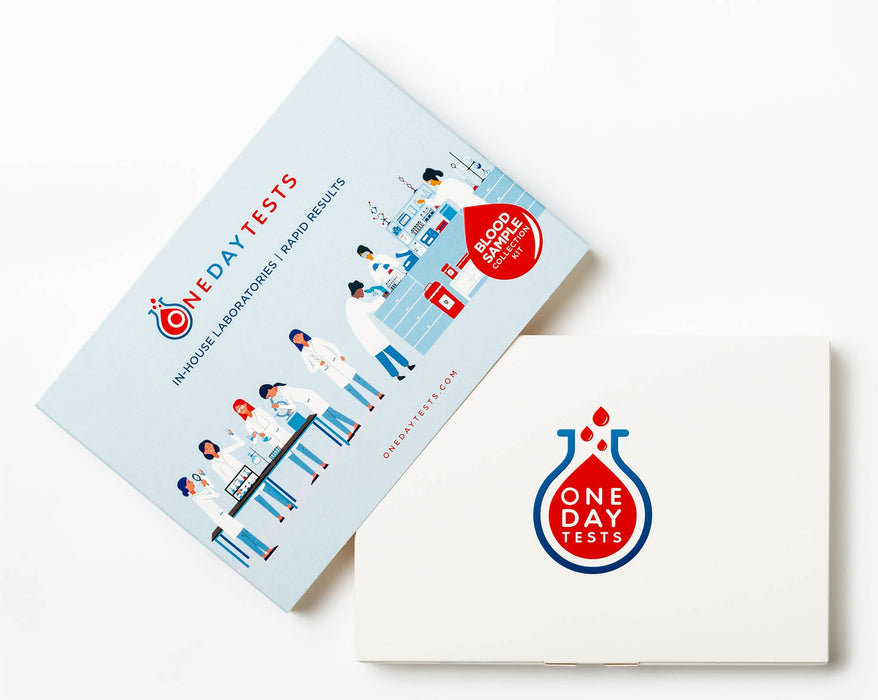What is it?
The total cholesterol to HDL calculation of ratio is the result of dividing the total cholesterol level by the HDL ("good") cholesterol level. This tells us the ratio of "good" cholesterol within total cholesterol. If your level of HDL ("good cholesterol") is high in proportion to the total cholesterol, then the lower value for cholesterol/HDL ratio represents a lower cardiovascular risk factor.
Reference ranges
If your indicative Total Cholesterol/HDL ratio is lower than the reference range for our laboratory:
Lower ratio is generally better than higher ratio. It shows lower risk of cardiovascular diseases.
Speak to you GP if you are concerned.
If your indicative Total Cholesterol/HDL ratio is higher than the reference range for our laboratory:
Your doctor can use this figure, in conjunction with your other cholesterol results and a range of other elements of your medical history, to calculate your risk of heart attacks and strokes and determine whether or not you need treatment for your cholesterol levels.
If this ratio is high, you may be at a higher risk of developing atherosclerosis and having cardiovascular issues, chest pains (angina), a heart attack or a stroke.
What causes high cholesterol: diet of excessive saturated fat, smoking, alcohol, lack of exercise or physical activity, some genetic conditions as well as hereditary factors.
Please discuss this result with your GP.

















